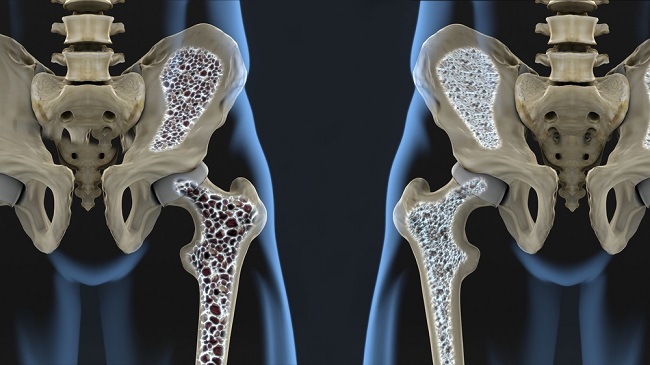Itchy eyes are the most common symptom of eye allergies. In medical world, This condition is referred to as conjunctivitistisallergy. The triggers are various, ranging from dust, dirt, animal hair, up to mite.
When experiencing itchy eyes due to allergies, a person can experience various other symptoms, such as red and watery eyes, easy glare or sensitivity to light, swollen eyes, and burning or discomfort in the eyes.

These symptoms can appear immediately when the eye is exposed to an allergen, but it can also appear after a few days.
Various Types of Eye Allergies
Like all allergies, eye allergies occur when the body's immune system overreacts to a foreign object or substance. When an allergic reaction occurs, the body will produce antibodies and histamine to destroy the allergy-triggering substance.
If it occurs in the eyes, it can make the eyes feel itchy, red, and watery. Allergic eye or allergic conjunctivitis is divided into the following types:
1. Conjunctivitis papillary giant
Is a complication of the use of contact lenses that are not clean. If you are a contact lens user, we recommend using contact lenses disposable to reduce the risk of this condition occurring.
However, if you are not suitable for using contact lenses, don't force yourself, and choose other aids on the eyes, such as glasses.
2. Derythematoconjunctivitis allergy
An eye allergy that arises due to exposure to certain substances, for example from cosmetics, perfumes, chlorinated water, or soap. In addition, people who have this condition may also experience itchy eyes when exposed to cigarette smoke or air pollution.
3. Seasonal eye allergies
Called seasonal eye allergies because it usually occurs at certain times, such as the dry season or when the weather is windy. Triggers are various allergens in the air, such as pollen, grass, trees, or flowers.
Method Treating Itchy Eyes Due to Allergies
Although not a serious condition, itchy eyes due to allergies that are not handled properly can interfere with daily comfort. To help overcome this, the first step that must be done is to recognize and avoid allergy triggers.
To protect your eyes from allergy triggers, you can also use sunglasses or eye protection when you are outside the home. This can be done to prevent the entry of foreign objects into the eye.
Also, don't rub your eyes even if they're very itchy, as this can worsen allergy symptoms. It can also put the eye at risk for infection.
To treat itchy eyes due to allergies, you can also do the following ways:
Useeye drops
Use eye drops 4-6 times a day to relieve itchy eyes due to allergies. Eye drops containing antihistamines can help relieve symptoms of itchy and watery eyes.
Antihistamine eye drops are often used in combination with other types of eye drops, such as decongestants, to shrink the blood vessels in the inflamed eye.
Meanwhile, eye drops containing corticosteroids can be used in cases of severe and prolonged eye allergies. However, this medication should be used as directed by your doctor.
If you have glaucoma, you should not use eye drops that contain decongestants. You can consult a doctor and use safer eye drops.
Consumption of drugs
In addition to using eye drops, you can also take antihistamine tablets, such as loratadine and cetirizine, to reduce the symptoms of eye allergies. These drugs can also be used to treat allergy symptoms that appear in other parts of the body, such as rashes and bumps on the skin, as well as runny nose and itching in the nose.
Use eye compress
To help relieve itchy eyes due to allergies, you can put a cold compress on the eye. If crusts have formed in the eyes, compress them with warm water or wash the eyelids with baby shampoo.
In addition to applying the methods above, it is also important to regularly wash various bedding, such as pillowcases, sheets, and blankets, as well as clean the floor, bathroom, and kitchen regularly using cleaning liquid. This aims to eliminate substances that may trigger allergies.
If you have pets at home, clean your pets and cages regularly. Don't forget to also clean the carpet in a room where your pets often enter, because bacteria, dander, mites, and dirt are easily trapped in the carpet.
Symptoms of itchy eyes due to allergies generally resolve within a few days after the eyes are no longer exposed to the allergen. However, if itchy eyes due to allergies do not improve or get worse, you should immediately consult your doctor for the appropriate treatment.









